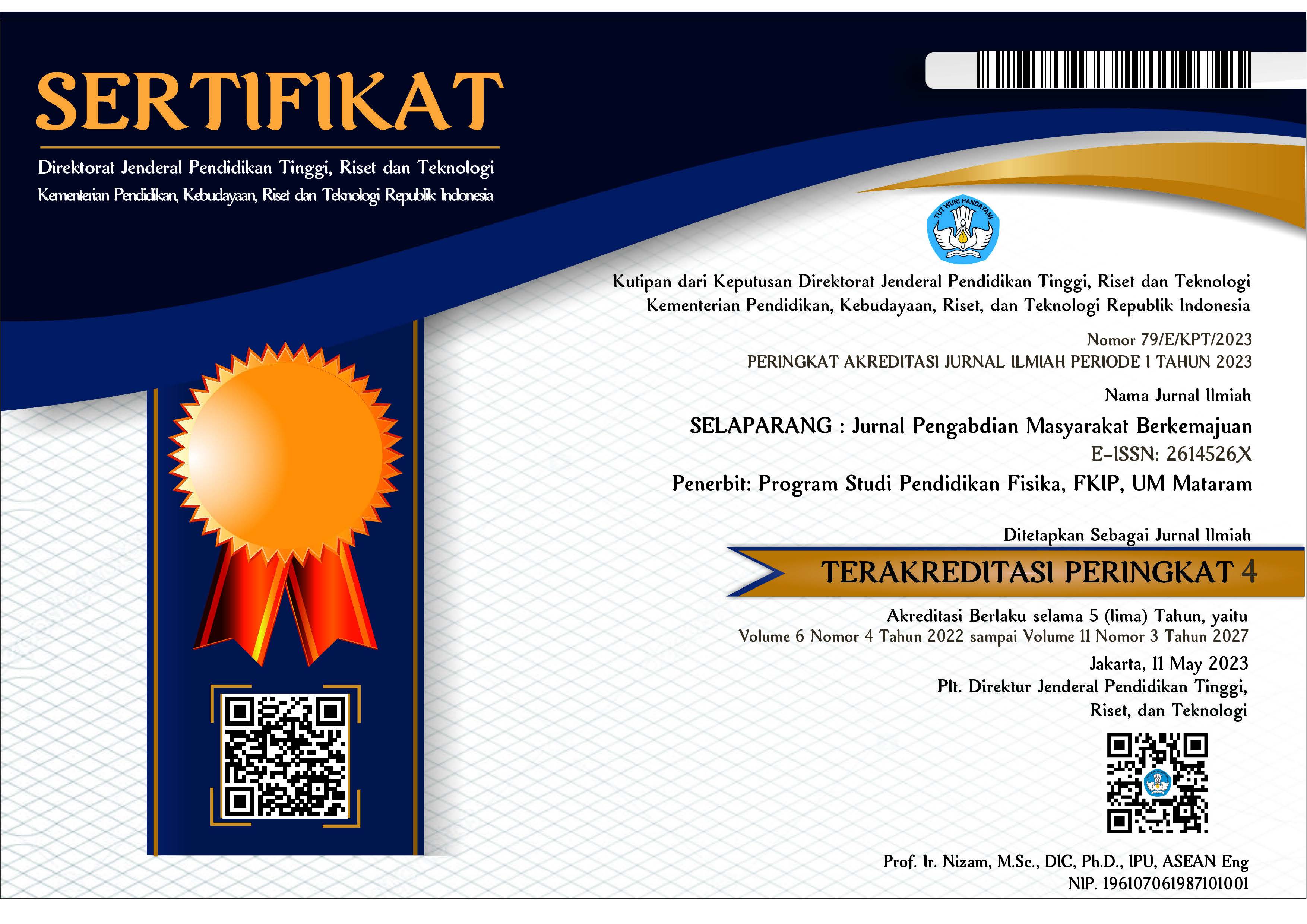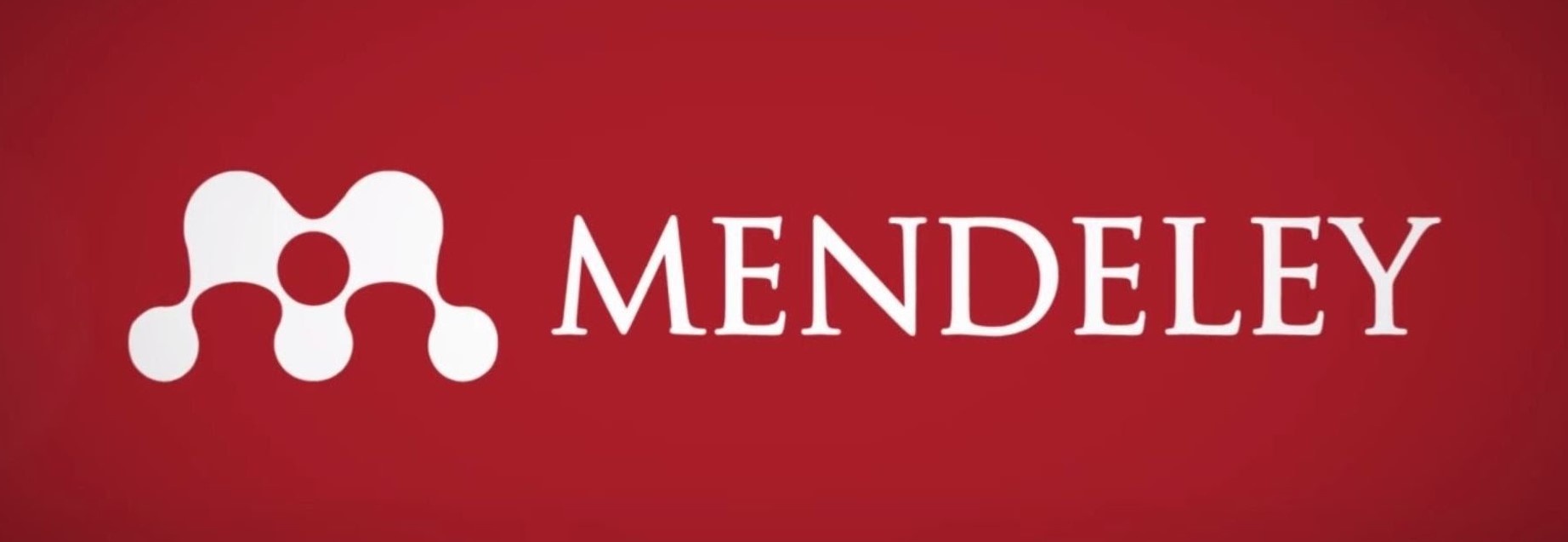Deteksi dini dan edukasi kesejahteraan psikologis remaja generasi Z era digitalisasi
Abstract
Remaja saat ini menghadapi lingkungan digital yang semakin kompleks dan bergantung pada media sosial sebagai sarana komunikasi, interaksi sosial, dan eksplorasi identitas. Tujuan pengabdian ini untuk melakukan deteksi dini kesejahteraan psikologis dan edukasi kesejahteraan psikologis remaja generasi Z era digitalisai. Metode pelaksaan pengabdian ini mengadopsi langkah-langkah action research yang terdiri dari 4 (empat) tahapan, yaitu: perencanaan, tindakan, observasi dan evaluasi, dan refleksi, peserta pengabdian adalah 16 remaja, kegiatan ddalam ini adalah deteksi dini dan edukasi atau penyuluhan terkait kesejahteraan psikologis remaja Gen Z. Hasil deteksi dini didapatkan kesejahteraan psikologis remaja didapatkan mayoritas kategori tinggi berjumlah 12 remaja (75%). Ada perbedaan sebelum dan setelah diberikan penyuluhan remaja generasi Z pada era digitalisasi, hasil pretest menunjukkan belumada remaja yang menjawab 4 pertanyaan dengan benar, hasil postest menunjukkan 16 remaja menjawab 4 pertanyaan dengan benar setelah diberikan penyuluhan.
Kata kunci: pengabdian; deteksi dini; kesejahteraan psikologis; remaja
Abstract
Teenagers today face an increasingly complex digital environment and depend on social media as a means of communication, social interaction and identity exploration. The aim of this service is to carry out early detection of psychological well-being and education on the psychological well-being of generation Z teenagers in the digital era. The method of implementing this service adopts action research steps which consist of 4 (four) stages, namely: planning, action, observation and evaluation, and reflection. The service participants are 16 teenagers. The activities in this are early detection and education or counseling related to welfare. psychology of Gen Z teenagers. The results of early detection showed that the majority of teenagers' psychological well-being was in the high category, numbering 12 teenagers (75%). There were differences before and after being given counseling to Generation Z teenagers in the era of digitalization. The pretest results showed that there were no teenagers who answered 4 questions correctly, the posttest results showed that 16 teenagers answered 4 questions correctly after being given the counseling.
Keywords: devotion; early detection; psychological well-being; adolescents
Keywords
Full Text:
PDFReferences
Ali, A.Z. et al. (2023) ‘Review: Patient engagement in child, adolescent, and youth mental health care research – a scoping review’, Child and Adolescent Mental Health, 28(4), pp. 524–535. Available at: https://doi.org/10.1111/camh.12615.
Boylan, J.M., Tompkins, J.L. and Krueger, P.M. (2022) ‘Psychological Well-being, Education, and Mortality’, Health psychology : official journal of the Division of Health Psychology, American Psychological Association, 41(3), pp. 225–234. Available at: https://doi.org/10.1037/hea0001159.
BPS. 2021. Statistik Indonesia. Jakarta
Budiyono, S. (2020) ‘Pengajaran Bahasa dan Sastra di Era Digital (Era Digital, Era Masyarakat Global)’, Lingua Franca:Jurnal Bahasa, Sastra, dan Pengajarannya, 4(1), pp. 54–61. Available at: https://doi.org/10.30651/lf.v4i1.4315.
Cholik, C.A. (2021) ‘Perkembangan Teknologi Informasi Komunikasi / ICT dalam Berbagai Bidang’, Jurnal Fakultas Teknik UNISA Kuningan, 2(2), pp. 39–46.
Christina, R., Yuniardi, M.S. and Prabowo, A. (2019) ‘Hubungan Tingkat Neurotisme dengan Fear of Missing Out (FoMO) pada Remaja Pengguna Aktif Media Sosial’, Indigenous: Jurnal Ilmiah Psikologi, 4(2), pp. 105–117. Available at: https://doi.org/10.23917/indigenous.v4i2.8024.
Deviana, M., Umari, T. and Khadijah, K. (2023) ‘Kesejahteraan Psikologis (Psychological Well-Being) Remaja’, Jurnal Pendidikan dan Konseling (JPDK), 5(1), pp. 3463–3468. Available at: https://doi.org/10.31004/jpdk.v5i1.11563.
Hariyadi, H. and S, L.A. (2018) ‘Peran Orangtua Dalam Mengawasi Anak Dalam Mengakses Media Internet Untuk Mewujudkan Perlindungan Hak Anak’, Soumatera Law Review, 1(2), pp. 267–281. Available at: https://doi.org/10.22216/soumlaw.v1i2.3716.
Imani, F.A., Kusmawati, A. and Tohari, M.A. (2021) ‘Pencegahan Kasus Cyberbullying Bagi Remaja Pengguna Sosial Media’, Khidmat Sosial: Journal of Social Work and Social Services, 2(1), pp. 74–83.
Mental health of adolescents (no date). Available at: https://www.who.int/news-room/fact-sheets/detail/adolescent-mental-health (Accessed: 18 February 2024).
Monika, D.J.M. (2023) ‘Psychological Well-being of Adolescents’, Journal of Chemical Health Risks, 13(4s), pp. 679–689. Available at: https://doi.org/10.52783/jchr.v13.i4s.1629.
Riskesdas-2018_1274.pdf’ (no date). Available at: https://kesmas.kemkes.go.id/assets/upload/dir_519d41d8cd98f00/files/Hasil-riskesdas-2018_1274.pdf (Accessed: 18 February 2024).
Permenkes Nomor 25 Tahun 2014. Upaya Kesehatan Anak. Menteri Kesehatan Republik Indonesia. Jakarta
Priambodo, G.A. (2019) ‘Urgensi Literasi Media Sosial Dalam Menangkal Ancaman Berita Hoax Di Kalangan Remaja Kelurahan Balearjosari Kecamatan Blimbing Kota Malang’, Jurnal Civic Hukum, 4(2), pp. 130–137. Available at: https://doi.org/10.22219/jch.v4i2.9165.
Ryff, C.D. (2018) ‘Eudaimonic well-being: Highlights from 25 years of inquiry’, in Diversity in harmony - Insights from psychology: Proceedings of the 31st International Congress of Psychology. Hoboken, NJ, US: John Wiley & Sons Ltd, pp. 375–395. Available at: https://doi.org/10.1002/9781119362081.ch20.
Situasi-Anak-di-Indonesia-2020.pdf (2023). Available at: https://www.unicef.org/indonesia/sites/unicef.org.indonesia/files/2020-07/Situasi-Anak-di-Indonesia-2020.pdf (Accessed: 18 February 2024).
Warta_Kesmas_Edisi_01_Tahun_2023.pdf (2023). Available at: https://kesmas.kemkes.go.id/assets/uploads/contents/others/Warta_Kesmas_Edisi_01_Tahun_2023.pdf (Accessed: 18 February 2024).
Yaumi, Muhammad dan Damopolii, M. (2014) Action Research : Teori, Model, dan Aplikasi. Jakarta: Kencana
DOI: https://doi.org/10.31764/jpmb.v8i3.25857
Refbacks
- There are currently no refbacks.

This work is licensed under a Creative Commons Attribution-ShareAlike 4.0 International License.
______________________________________________________
Jurnal Selaparang
p-ISSN 2614-5251 || e-ISSN 2614-526X
EDITORIAL OFFICE:



















